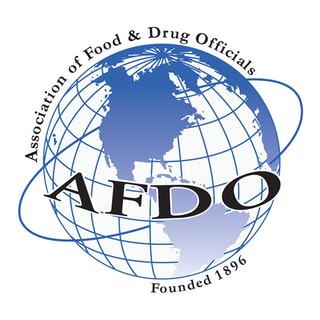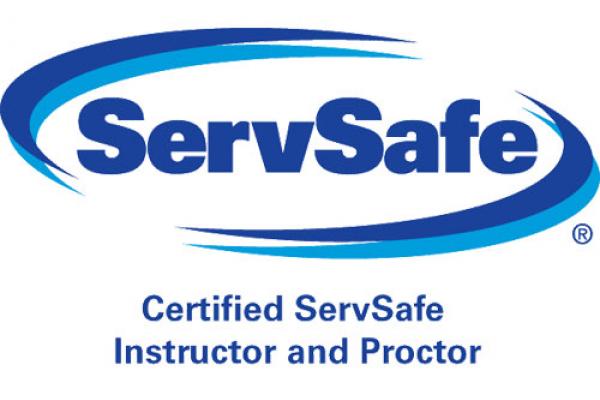Practical, flexible, cost effective, and designed to meet your specific needs.


Participants who successfully complete the program receive a Certificate of Course Completion from the Association of Food and Drug Officials (AFDO) to demonstrate that they meet the training requirements set by the U.S. Food and Drug Administration (FDA) under Seafood HACCP regulation 21 CFR Part 123.
Although the primary audience is the seafood processing industry, & regulatory officials based in the United States, it is also open to individuals interested in marketing seafood products, seeking to prepare for Preventive Controls for Human Food Regulations, or receiving some type of formal HACCP training.
The course requires 16 hours of classroom training, which can be offered in a combination of ways. The most popular is a 2.5 day workshop, but we have offered two 8-hour days for small groups, or groups with similar business models. There is no exam. Participants demonstrate their knowledge by working in groups to develop a HACCP plan. The instructor determines if the participant has met the learning objectives and awards a certificate when proficiency is demonstrated.

Regulations mandate that the person in charge of a foodservice operation become a Certified Food Protection Manager, using an accredited program. Passing the ServSafe® exam meets that requirement.

Training has long been considered a safety net since monitoring is not always present or consistent. It also provides a way to let everyone know what is expected. We offer on-site training seminars that are practical, flexible, cost effective, and designed to meet your specific needs, including content and timing – for both front and back of the house.
We have covered a multitude of topics over the years from entry level Food Safety Basics, to Fundamentals of HACCP, presenting the requirements of your specific HACCP plan so that all levels in the company understand the requirements. We have also provided orientation training, employee health reporting training, and now COVID specific training. The majority of our seminars are hands-on, with many opportunities for demonstrating techniques (setting up a three compartment sink, calibrating a thermometer, mixing and testing a sanitizer, record keeping, etc.)
Regardless of the materials we choose for these programs, there is a great deal of flexibility when designing classes and seminars on an in-house basis. We can tailor the training materials and course content so it relates directly to your operation. You get to call all the shots and do what’s best to suit the needs of your staff and business.